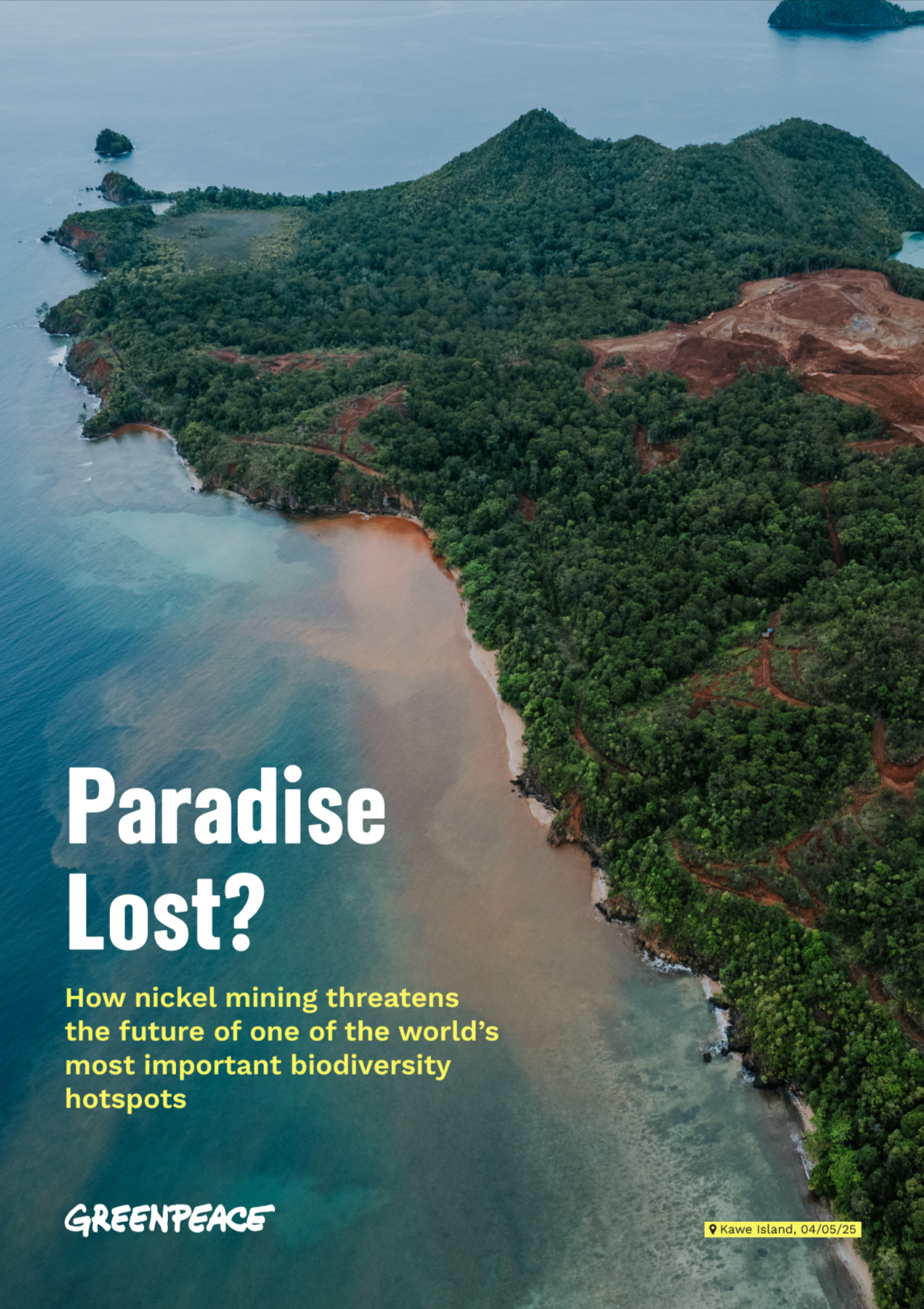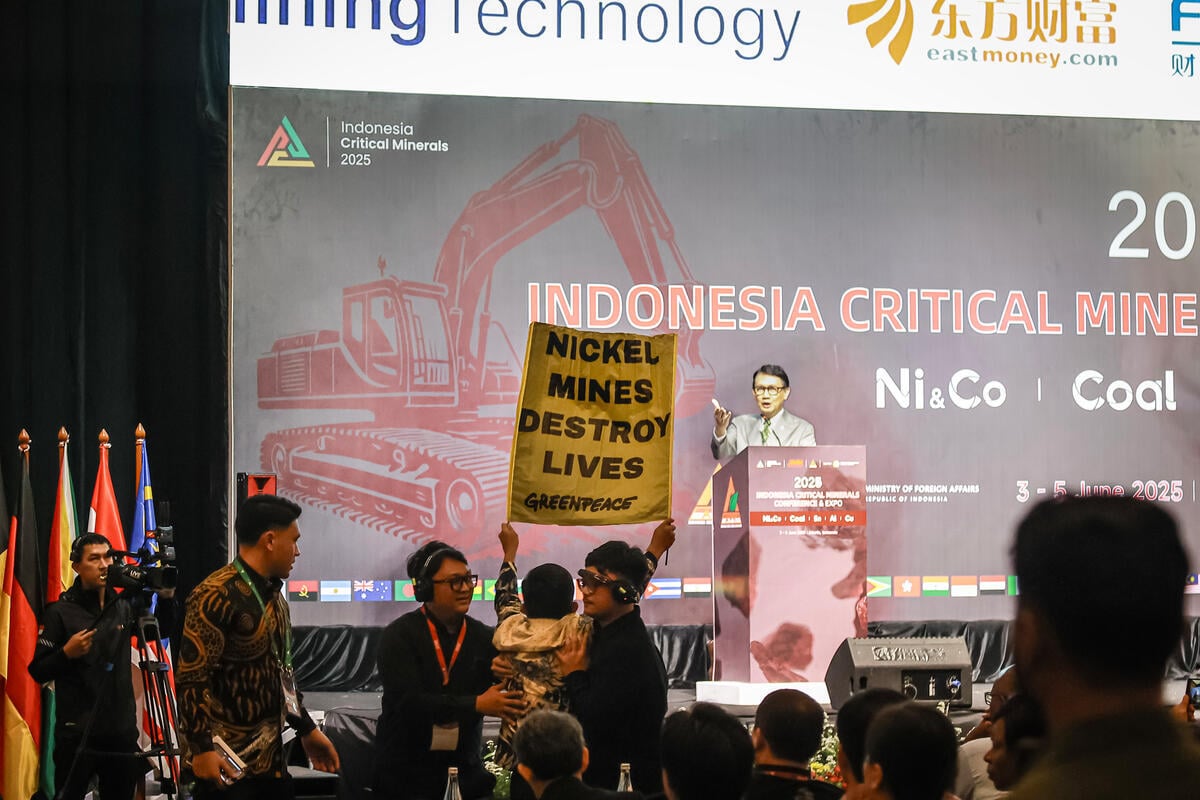Jakarta – Half of the fire hotspots detected between June 11-18 that are choking Singapore and Malaysia with air pollution are in areas that should be protected by Indonesia’s forest moratorium, Greenpeace has revealed.
“The fact these fires continue to affect the region shows just how poorly forest protection measures are enforced in Indonesia. But corporations must also take responsibility for their supply chains, commit to zero deforestation and stop the sort of illegal practices such as fire clearing that is destroying our forests and clogging our air,” said Yuyun Indradi, Forest Campaigner for Greenpeace Southeast Asia.
More than 10 million hectares of primary forests and around 32 million hectares of secondary forests still don’t have any legal protection in Indonesia, according to Greenpeace International’s analysis of the government’s recent revision of its moratorium map (PIPIB) data.
“With each revision the amount of forest legally protected under the moratorium is reduced – more than six million hectares has been lost since 2011. President SBY recently told Greenpeace he will do more to strengthen environmental protection, but the reduction in protected forest signals a weakening rather than a strengthening of forest protection,” Yuyun said.
More than 600,000 hectares of peatland and primary and secondary forest – rich carbon stores that if destroyed would contribute greatly to Indonesia’s massive greenhouse gas emissions – have been excluded from the latest moratorium map.
The lack of updated data and transparency creates confusion around what forest is actually protected under the moratorium. Based on best available data, the forest moratorium overlaps with 5.5 million hectares that have been granted as concession areas for development to pulp wood or oil palm plantations, selective logging or mining.
The government must review existing concessions, increase transparency in the way licenses are granted, establish a credible database of low carbon land as an alternative to the current destruction of high carbon land and undertake clear spatial and land use planning.
Media Contacts:
Hikmat Soeriatanuwijaya, Greenpeace Southeast Asia Media Campaigner; 081380473866
Yuyun Indradi, Greenpeace Southeast Asia Forest Campaigner; 081915191979



